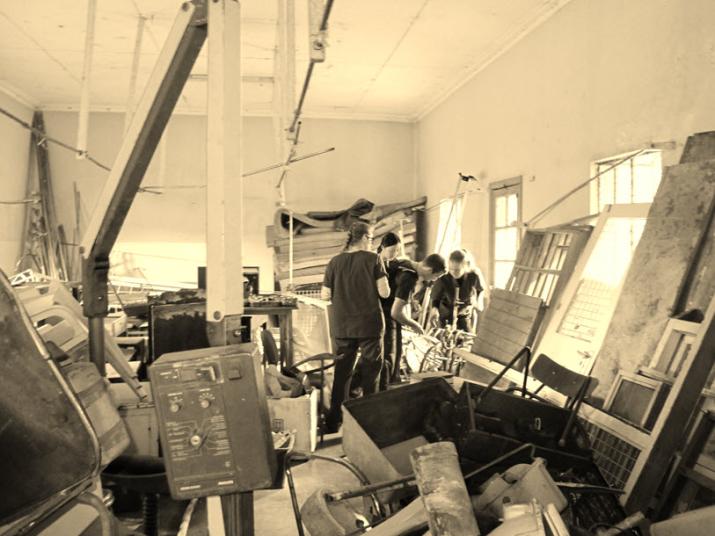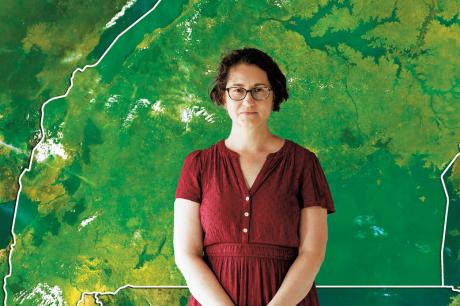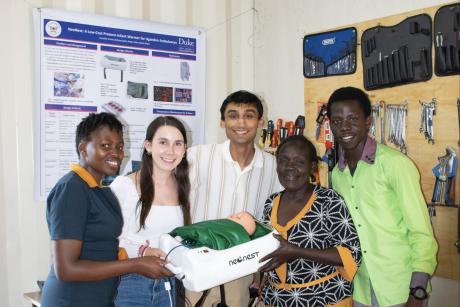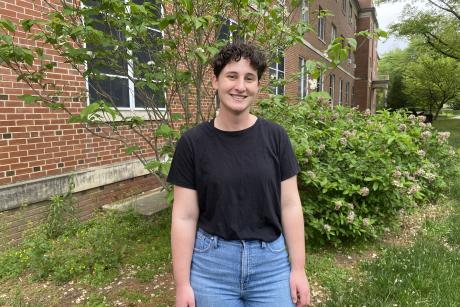
A room in the children's ward of a hospital in Tanzania, filled with inoperable equipment and spare parts. Photo by Brittany Ploss, MS'16, in 2015.
Published September 22, 2018, last updated on September 24, 2018 under Research News
One biomedical technician training program in Honduras has achieved notable success in preparing and retaining technicians and overcoming a common problem in low-resource healthcare settings: out-of-service medical equipment.
A defining characteristic of the training program, developed and executed by Engineering World Health (EWH), is its focus on hands-on repair skills and professional development, rather than on equipment-specific knowledge.
Several years after the program’s implementation and one year after its external funding ended, the study showed that hospitals where an EWH-trained technician was employed had 35 percent less out-of-service equipment compared to control hospitals. Furthermore, 19 of the 20 technicians trained through the EWH program in 2012 continued to work at their hospital two years later.
The study was authored by Dane Emmerling, assistant director of Duke Service-Learning, biomedical engineering and global health professor Robert Malkin and Master of Science in Global Health alumna Paige Sholar MS’14.
Read the article to learn more.
19 of the 20 technicians trained through the EWH program in 2012 continued to work at their hospital two years later.


